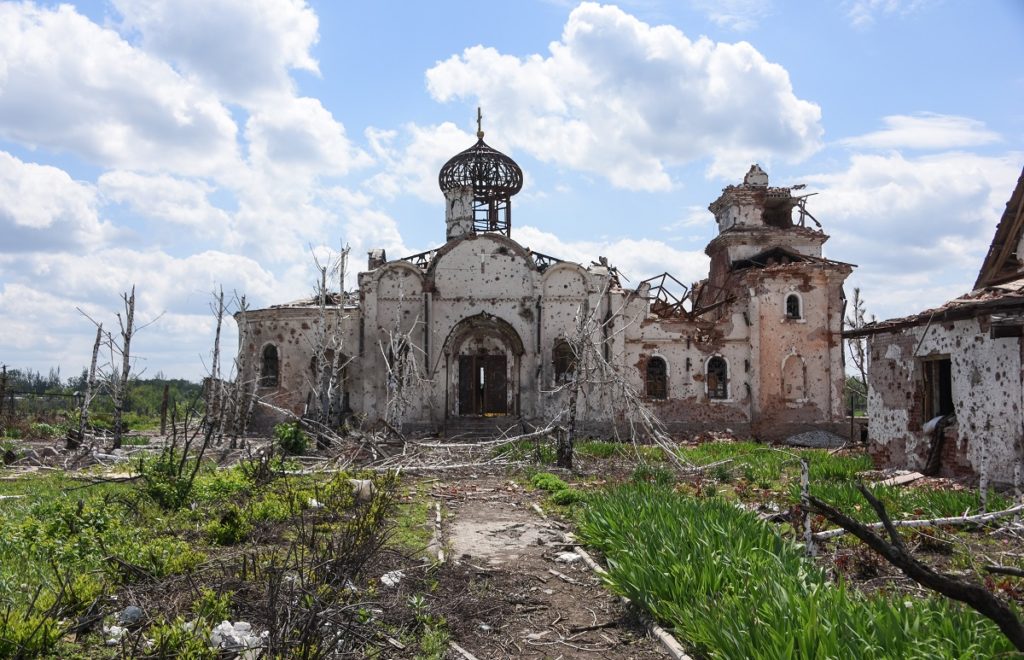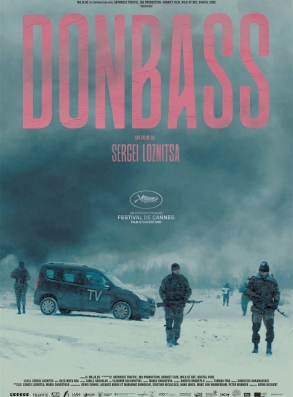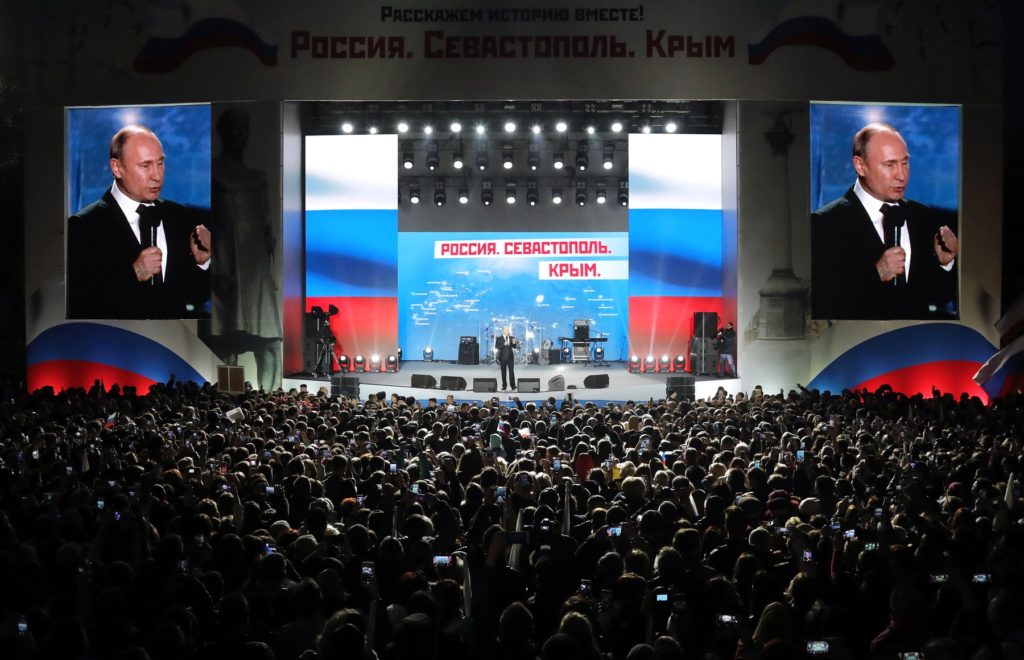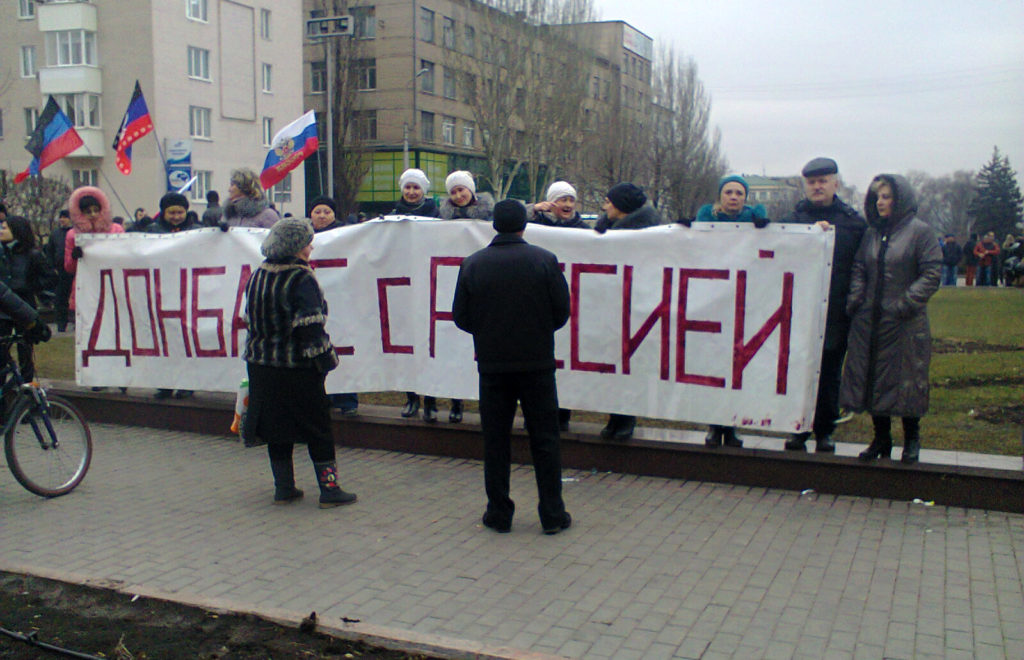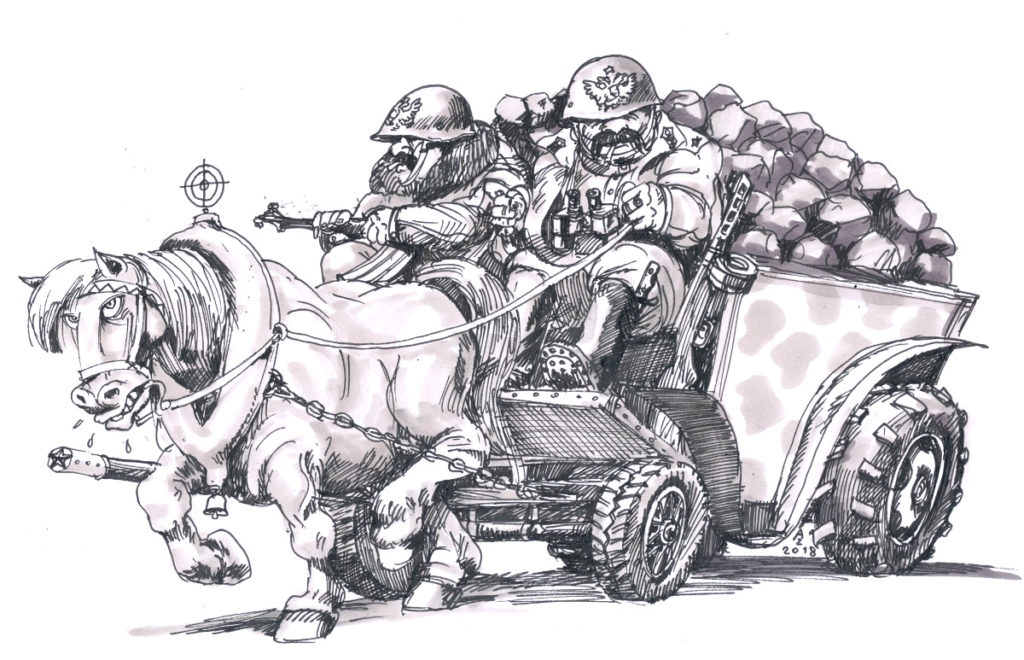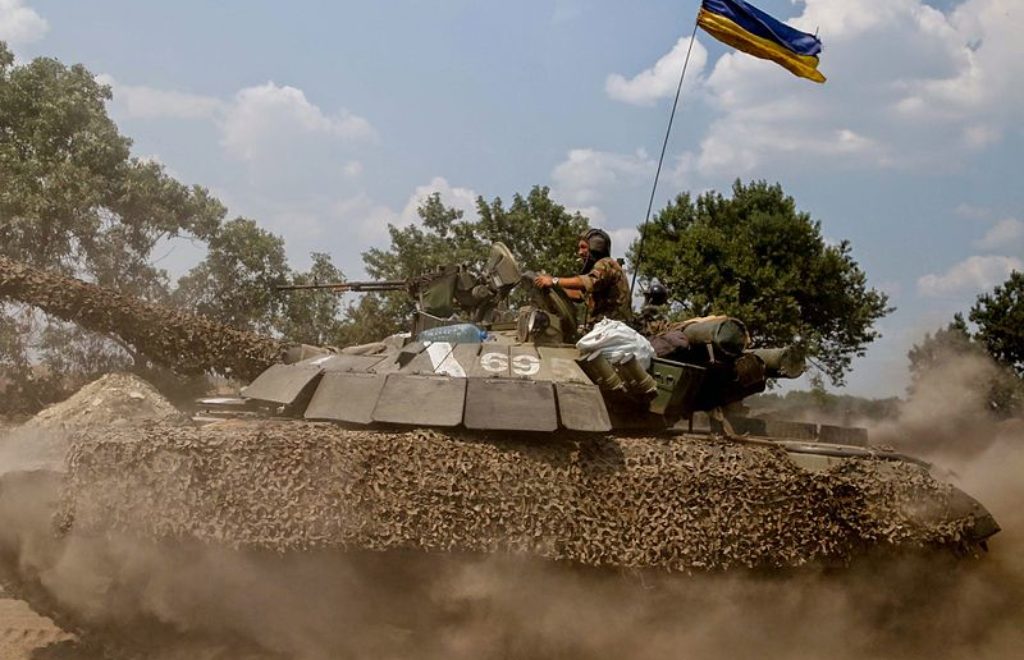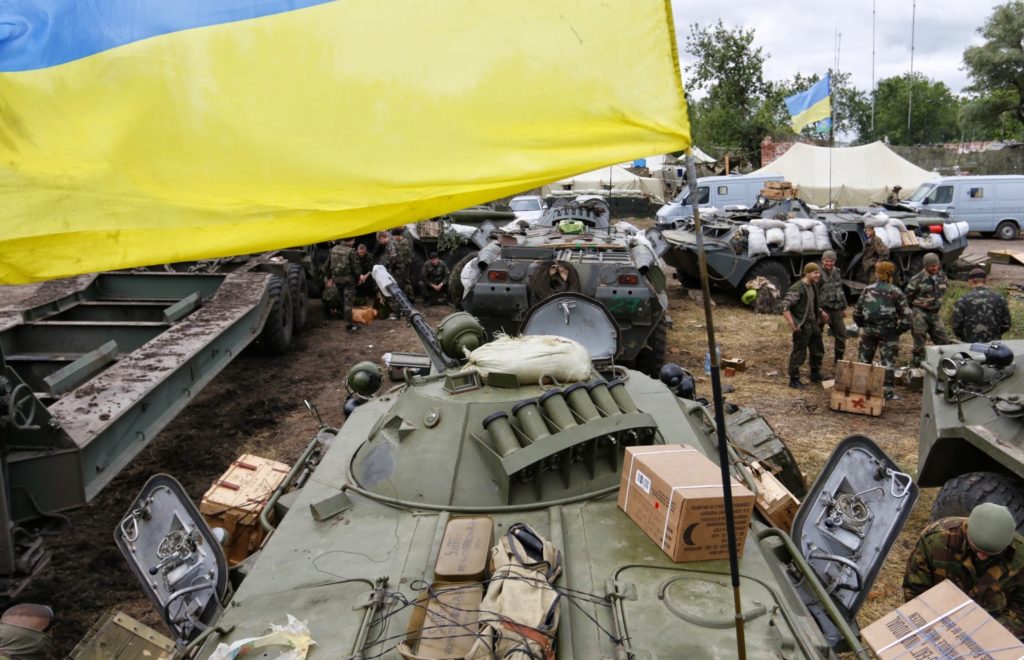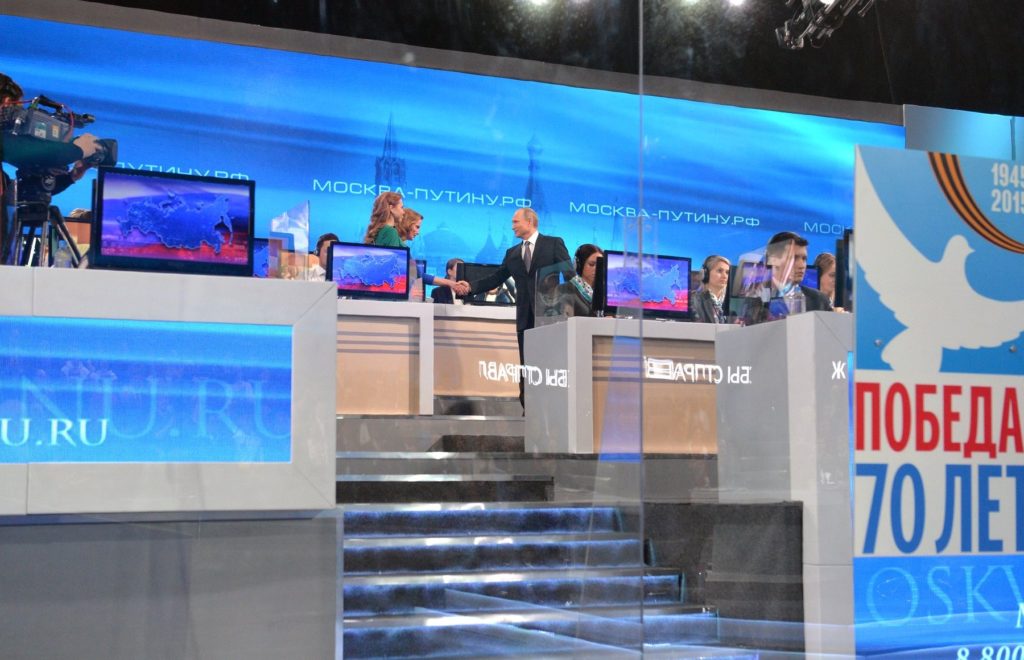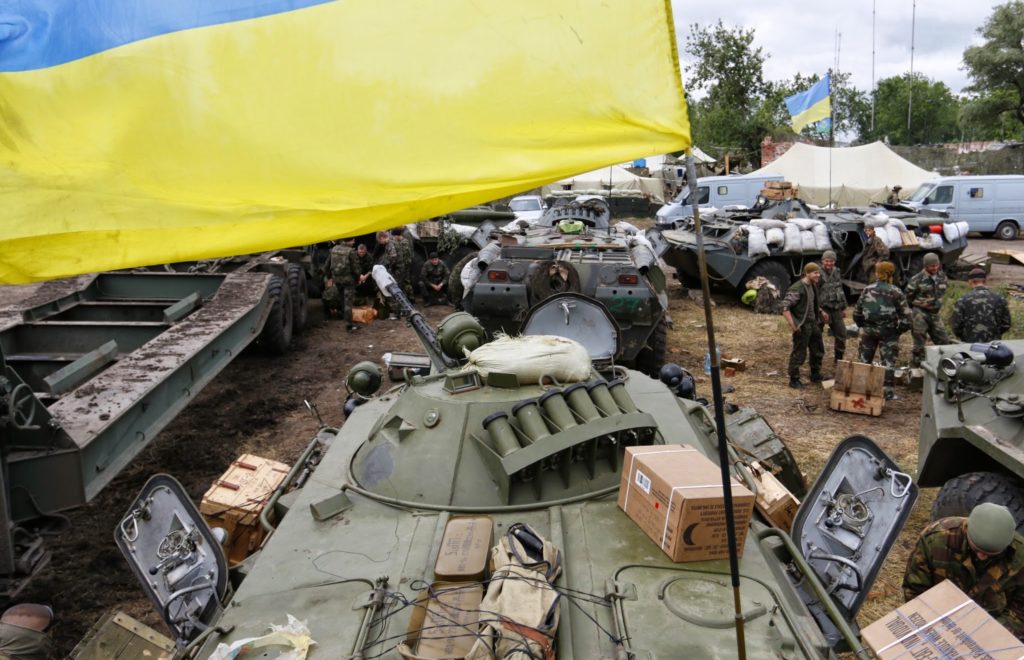No one will hear us if we scream
Nataliya wears a Tryzub around her neck. It is a trident, a monogram of the Ukrainian word воля (volia) meaning liberty and known as the official Ukrainian coat of arms. The 66-year-old pink-haired Ukrainian volunteer and activist clutches it firmly as she narrates her ongoing life chapter of being a citizen of Stanytsia Luhanska. This urban settlement on the banks of the Seversky Donets River operates as a border town between Ukraine and the pro-Russian, self-proclaimed Luhansk People's Republic.
January 28, 2020 - Omar Marques



